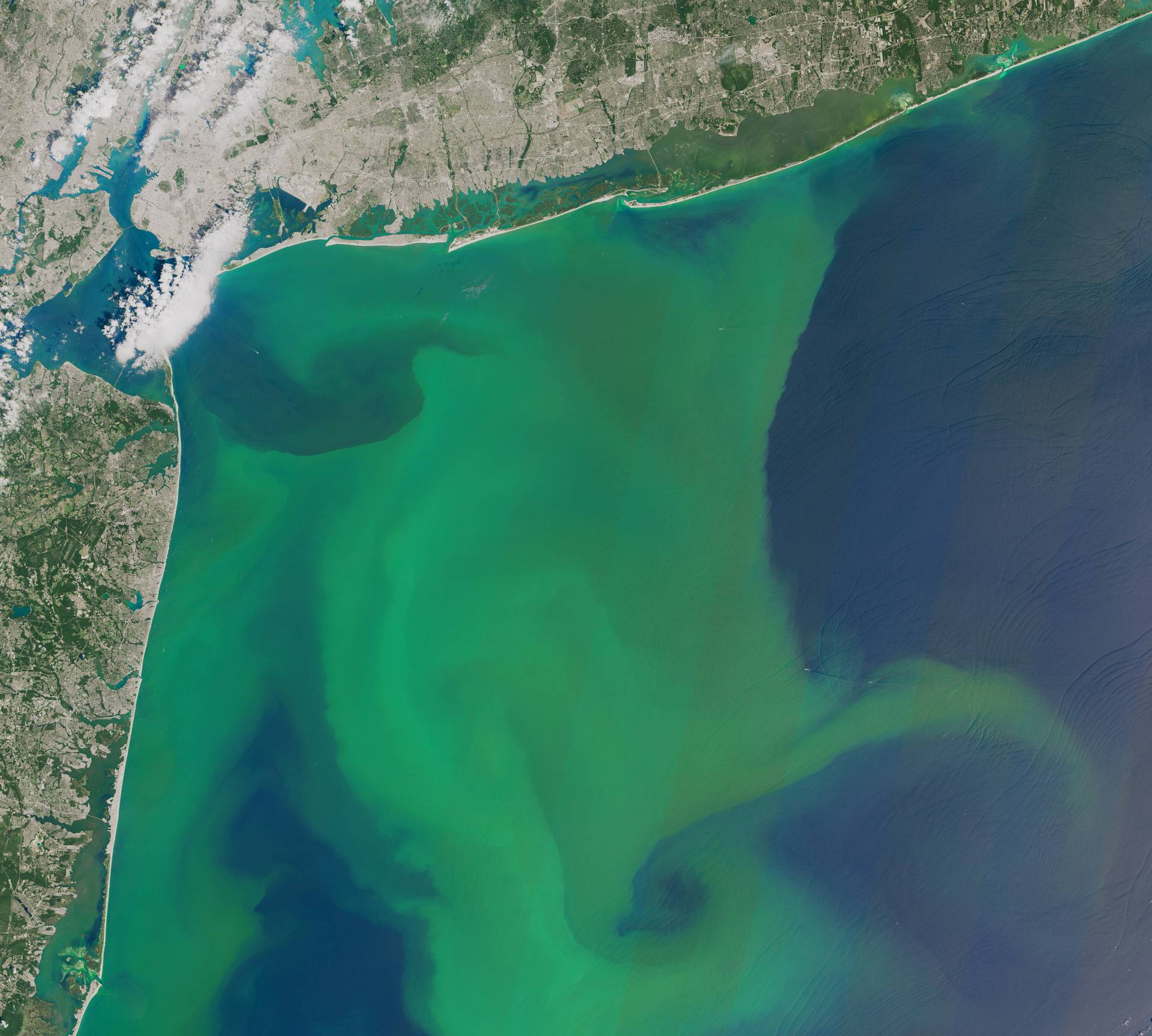Projected precipitation increases are bad news for water quality
Researchers from Princeton University and elsewhere have found that increased precipitation due to climate change could substantially overload waterways in the United States with excess nitrogen, especially in the Midwest and Northeast. They reported July 28 in the journal Science that greater nitrogen pollution would likely worsen eutrophication, a process by which waterways become overloaded with nutrients and starved of oxygen.
If climate change is not curbed, increased precipitation could substantially overload waterways in the United States with excess nitrogen and starve them of oxygen, according to a new study published July 28 in the journal Science. A team of researchers, including those from Princeton University, reported that climate change-induced precipitation changes will increase nitrogen pollution, especially in the Midwest and Northeast. This will, in turn, worsen eutrophication, a process by which waterways become overloaded with nutrients, which can lead to the death of animal life.
Precipitation washes nitrogen from agricultural runoff and fossil fuel combustion into estuarial and coastal ecosystems, and these excess nutrients severely impair water quality. Eutrophication promotes the growth of harmful species and leads to oxygen-depleted dead zones that devastate marine flora and fauna.
PEI associated faculty Venkatramani Balaji, one of the study’s authors and head of the modeling system group in Princeton’s Program in Atmospheric and Oceanic Sciences (AOS), a collaboration between Princeton and the National Oceanic and Atmospheric Administration’s Geophysical Fluid Dynamics Laboratory (GFDL), and his colleagues sought to examine the effects of predicted precipitation changes due to climate change on eutrophication, based on computer simulations.




